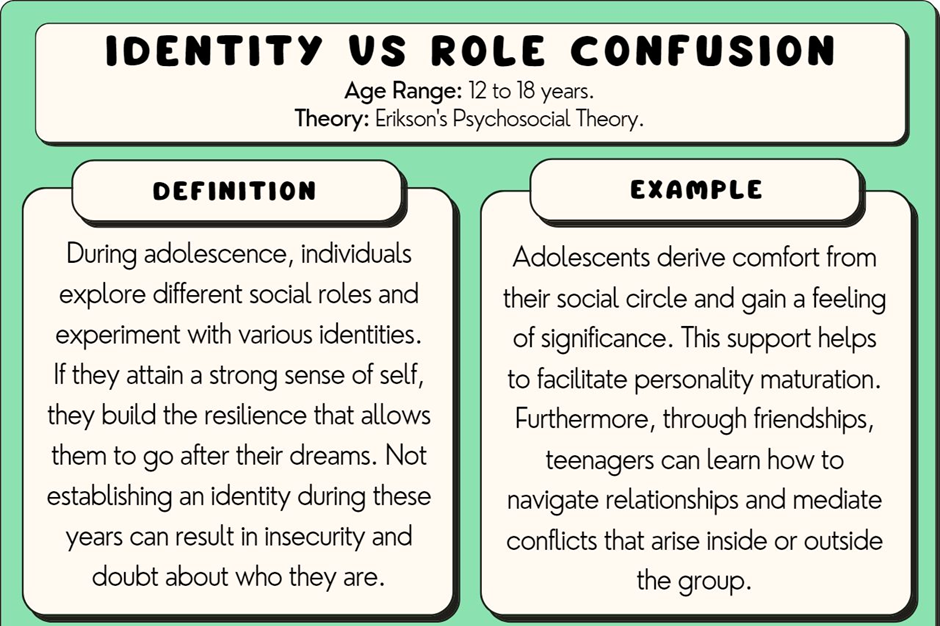A nurse is caring for an older adult client who had a cerebrovascular accident and has right-sided paralysis and aphasia. The client's son tells the nurse it is his fault because he did not insist that his mother live with him. Which of the following responses should the nurse make?
"Your mother will be fine, you shouldn't work so much."
“So, it seems that you feel responsible for what happened to your mother”
"Why do you blame yourself? You could not have prevented the stroke”
“You are not responsible for your mothers’ stroke but many people in your situation feel this way”
The Correct Answer is B
Choice A Reason:
This response is dismissive and invalidates the son's feelings of guilt. It does not acknowledge or address his emotional distress. Providing false reassurance and shifting focus to work is not therapeutic.
Choice B Reason:
This response reflects therapeutic communication. It validates the son’s feelings by acknowledging his guilt and encourages him to express his emotions. Reflective listening allows the nurse to build trust and support the son in processing his emotions.
Choice C Reason:
Asking "Why" can feel accusatory or judgmental, making the son defensive. While the statement attempts to provide reassurance, it fails to address his emotional state and may shut down further communication.
Choice D Reason:
Although this response provides some reassurance and normalization, it minimizes the son's emotions by focusing on generalizations. It lacks the reflective quality necessary for therapeutic communication in this situation.
Nursing Test Bank
Naxlex Comprehensive Predictor Exams
Related Questions
Correct Answer is A
Explanation
Choice A Reason:
Triage and stabilization of the acute symptoms are a priority describes the focus of psychiatric emergency care. Psychiatric emergency care focuses on the rapid assessment, triage, and stabilization of individuals experiencing acute psychiatric symptoms or crises. The primary goal is to address immediate safety concerns, stabilize the individual's condition, and determine the appropriate level of care or intervention. This may involve crisis intervention, brief assessment, and referral to appropriate services.
Choice B Reason:
A nurse visits one to three times a week to assess for extreme agitation does not describe the focus of psychiatric emergency care. This describes a more routine or outpatient assessment schedule rather than the urgent and immediate focus of psychiatric emergency care.
Choice C Reason:
Overnight short-term observations are 1 to 3 days in duration does not describe the focus of psychiatric emergency care. This refers to a short-term observation period, which might occur in various psychiatric settings, but it does not specifically address the urgency of psychiatric emergencies.
Choice D Reason:
Antipsychotic medications are administered does not describe the focus of psychiatric emergency care. Administering antipsychotic medications is a treatment approach that may be part of the overall psychiatric care plan, but it does not specifically capture the immediate triage and stabilization focus of psychiatric emergency care.
Correct Answer is D
Explanation
Choice A Reason:
"I’m so sad and I feel I haven't accomplished much in my life." This statement may relate more to feelings of despair and a sense of unfulfilled purpose, which could be associated with Erikson's stage of Integrity vs. Despair (late adulthood).
Choice B Reason:
"I’m so anxious, can't seem to trust anyone. “This statement may indicate difficulties with trust and may be more aligned with Erikson's stage of Trust vs. Mistrust (infancy).
Choice C Reason:
"I'm so tired after work that I just want to watch TV and be alone. “This statement may reflect fatigue or a desire for solitude and may not directly represent the identity development struggles associated with Erikson's Identity vs. Role Confusion stage.
Choice D Reason:
"I'm so confused about what my goals are.” Erikson's phase of Identity vs. Role Confusion occurs during adolescence, and individuals in this stage are exploring and forming their own identity. The statement "I'm so confused about what my goals are" suggests a struggle with establishing a clear sense of identity and future direction, which is characteristic of the challenges faced during this developmental stage.

Whether you are a student looking to ace your exams or a practicing nurse seeking to enhance your expertise , our nursing education contents will empower you with the confidence and competence to make a difference in the lives of patients and become a respected leader in the healthcare field.
Visit Naxlex, invest in your future and unlock endless possibilities with our unparalleled nursing education contents today
Report Wrong Answer on the Current Question
Do you disagree with the answer? If yes, what is your expected answer? Explain.
Kindly be descriptive with the issue you are facing.
